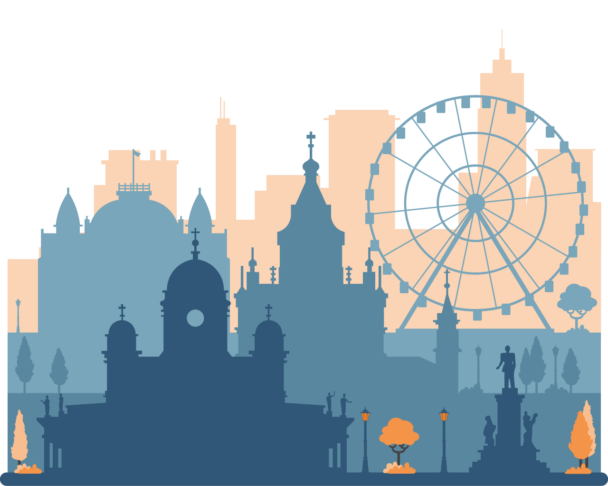Description
In today’s rapidly changing world, characterized by volatility, uncertainty, complexity, and ambiguity (VUCA), young people are increasingly feeling anxious about the future.
Global issues such as pandemics, wars, and climate change add to the sense of unpredictability.
As educators, we must equip students with the mindset and thinking skills necessary to navigate this uncertain landscape and shape a desirable future.
This course aims to empower educators with the knowledge, skills, and tools to promote future thinking among students.
By unpacking the concepts of future thinking and exploring various methods and tools, participants will learn how to create future-oriented learning experiences that enable students to anticipate and influence the future positively.
Participants will engage in a deep exploration of future thinking concepts and methodologies. They will experience using tools such as megatrends analysis, scenario building, and Future Lab simulations to promote future thinking in diverse learning contexts.
Through hands-on activities and discussions, participants will develop the competence to design and implement future-oriented learning experiences that foster creativity, constructive criticality, and collaboration skills in students.
By the conclusion of the course, participants will be equipped with a comprehensive understanding of future thinking concepts and methods.
Participants will develop the ability to create future-oriented learning experiences that ultimately, will be able to empower students to anticipate a desirable future with hope and a sense of responsibility.
What is included
Learning outcomes
The course will help the participants to:
- Understand basic concepts of future thinking;
- Identify opportunities to apply future thinking in different learning contexts;
- Use the methods of Future Lab, Scenario Building, and Futures Wheel in appropriate ways;
- Inspire colleagues to learn about future thinking.
Tentative schedule
Day 1 – Course introduction
- Introduction to the course, the school, and the external week activities;
- Icebreaker activities;
- Presentations of the participants’ schools;
- An introduction to futures studies, futures thinking and futures education: why and what?
Day 2 – Basic concepts and methods of future thinking
- Trends and megatrends;
- Images of the future and scenarios;
- Wild cards;
- Systems thinking.
Day 3 – Experiencing future thinking
- Boosting creativity: “The Thing from the Future” game;
- Hands-on workshop: the Future Lab;
- Debriefing of the workshop and exploring how to integrate future thinking into teaching and learning.
Day 4 – Scenario building – a key tool in future thinking
- Introduction to scenario building as a tool to identify possible pathways towards a vision of the future;
- Step-by-step practical exercise of building future scenarios;
- Explore ways to integrate scenario building in various learning contexts.
Day 5 – Future thinking in teaching and learning
- A useful tool: the Futures Wheel;
- Ways to support students to build future consciousness;
- Create your own projects: How will future thinking be useful and integrated into my school contexts?
Day 6 – Course closure and cultural activities
- Course evaluation: round-up of acquired competencies, feedback, and discussion;
- Awarding of the course Certificate of Attendance;
- Excursion and other external cultural activities.


